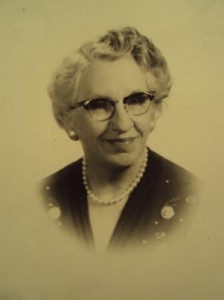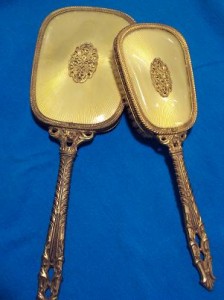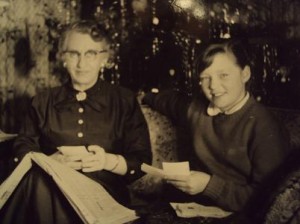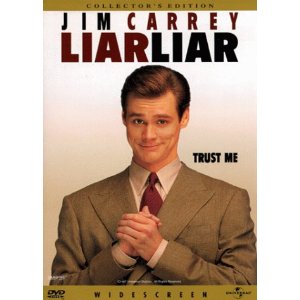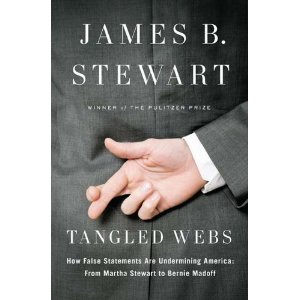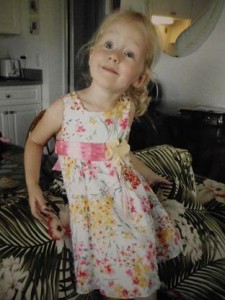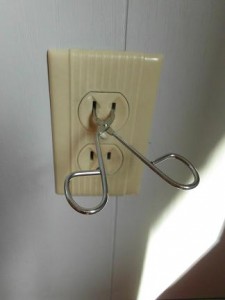My Aunt Agnes, Dad’s sister, never had children but had a slew of nephews and nieces, and I was glad to be one of them. She spent Sundays with our family and came over every Thursday for dinner, bringing candy from Marshall Fields. She didn’t forget our dog Toby, either, arriving with bones or biscuits to make him happy. When she died in 1980, she divided her estate between several charities and her nieces and nephews, generous to the end.
One day when I was 11, Aunt Agnes asked if I’d like a sleepover at her condo on a Saturday night, just me. I jumped at the chance to stay in her immaculate home on the 8th floor of her building, and we had a great time.
She enjoyed beautiful things, and on her glass-topped dresser was a hand mirror and matching hair brush given to her by her husband. Because they were married only five years before he died, these were precious to her. On Sunday morning I asked if I could use the brush, and she said, “Yes, but don’t put water on it.”
Without thinking I went to the bathroom mirror, and before I knew it, I’d swished her brush under the faucet to wet my ponytail. Right away I realized what I’d done but hoped Aunt Agnes wouldn’t notice. As I put the brush back, water was already pooling beneath its gold design.
But I never said a word.
My parents picked us up for church, and in the car Aunt Agnes turned and said, “Did you wet my brush this morning?”
Immediately I lied. “No.”
“Are you sure?”
“I didn’t do it! Someone else must have.”
She knew the truth, but she didn’t press further. I felt awful but was bonded to my lie. Aunt Agnes never mentioned it again.
For many weeks I suffered, knowing I should confess and fully intending to, but life swept me away with school, college, marriage and children. Time dimmed the weight of my guilt, and eventually I forgot about it.
That is, until the week Aunt Agnes died. We were in her apartment packing her things, and as I stood in front of her guest room dresser, there lay the mirror and brush, the brush still wavy with water damage. It triggered my memory of never having told her the truth. Mom invited us to keep something of hers that day, so I kept the dresser set.
Every time Aunt Agnes saw that brush, she must have thought about my lie. And because she loved me unconditionally, she probably wondered why I couldn’t trust her with the truth.
God probably feels the same way, disappointed when I lean into sin rather than choose honesty. In doing so, I ignore the fact that our relationship is grounded in unconditional love.
Besides, God will never punish truth-telling (even dreadful truth) like he punishes a lie.
“The human heart is the most deceitful of all things, and desperately wicked… But I, the Lord, search all hearts and examine secret motives. I give all people their due rewards, according to what their actions deserve.” (Jeremiah 17:9-10)
When I see Aunt Agnes one day in heaven, I’m going to come clean.

